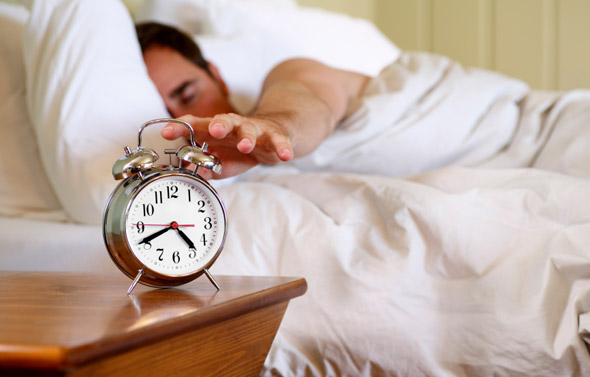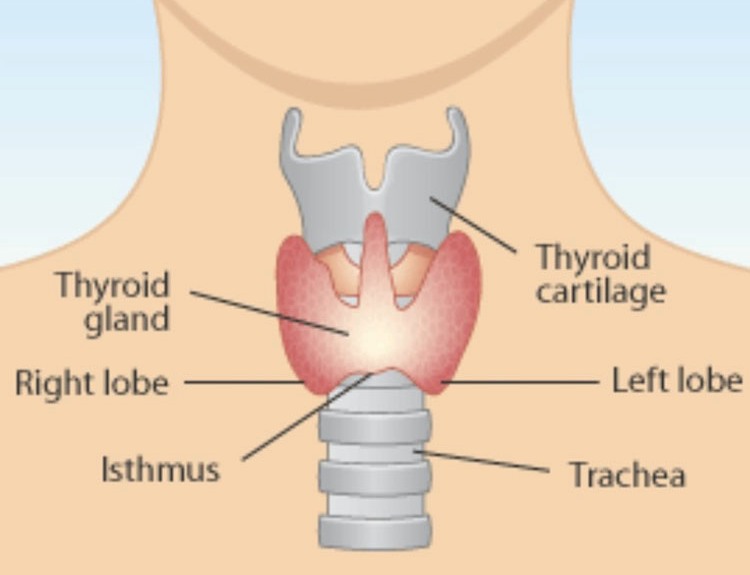
Are you one of those who know the importance of exercising but still give excuses for not working out regularly? Several research reports have indicated that like “Cigarette smoking is injurious to health”, there is a new saying in the health industry “Sitting is injurious to health” Sitting in one place for a long time can cause serious health issues.
Here is a quick fix for all the people who have sedentary lifestyle and job and do not get time to work out.
NEAT – also known as ‘Non-exercise activity thermogenesis’ include those activities which require to move the smallest muscle of the body due to which some energy expenditure occur. These exercises will not include very minimal movements like those while sleeping or eating and also will not include activities like sports where there is lot of calorie burning. Basically, it includes activities like walking to office, gardening, standing rather than sitting, gardening, doing household chores, carrying grocery bags in hand instead of using a trolley etc.
For more clarity on NEAT let’s take a peek into the various daily examples:
- Brush to burn calories:
Instead of lazing around with a brush in your mouth stand near the wash basin with one leg lifted. This will help you strengthen your core and at the same time improve your concentration and balance.
- Serve yourself:
Next thing which we usually do is to call out loud for tea/coffee or breakfast from the living room to the person in the kitchen. Instead, go ahead and serve yourself. This will ensure your sluggish metabolism is waking up slowing to burn more calories.
- Catch up with some exercise on the way to office:
** Take the stair wherever possible and skip the elevators. This could be your building stairs or railway station stairs if you travel by train or walk up to the office in your building which is on the 7th or 8th floor. If climbing 7 floors seems tiring, climb 2 to 3 floors and take a lift for remaining. Climbing stairs is a great way to burn calories and strengthen your legs.”
** Sitting at the desk for long hours is the most dangerous thing as we just discussed in the beginning of this blog. Here is the solution- get up from your chair every 1 hour, do certain stretches, instead of asking the office boy to fill up your water bottle take a stroll and refill it yourself, talk to your friends and come back to your seat and continue with your work.
- Stand up and stretch every time you hit ‘send’ on an e-mail.”
Use “Walk n talk method” i.e start walking while you are on long conversations on call.
(i) While sitting on a chair, raise one heel or both the heels then one leg and then both the legs while seated. This turn outs to be the best exercise for lower body, Similarly stretch out arms and do some free hand arm exercises or pick up water bottles and do some bicep curls which can be some good upper body workouts.
(ii) To strengthen the core, sit on a ball which forces you to balance yourself keeping your core engaged full time. If this is not possible in office, try out this ball method at home while watching television or eating dinner, playing video/mobile games or reading.
- 4) Get a Pedometer
Pedometer like GOQii band can be best used to motivate you by tracking the steps and kms everyday. To make this more interesting decide on certain weekly targets to completing steps target.
In a nutshell the above proves that there is no way you can say ‘I have a sedentary job’. NEAT exercises help you to shift your sedentary job to a bit active one with very simple efforts. Once you incorporate these activities, lot more will come to your mind.
Let me know “How do you squeeze extra activity into your day?”






